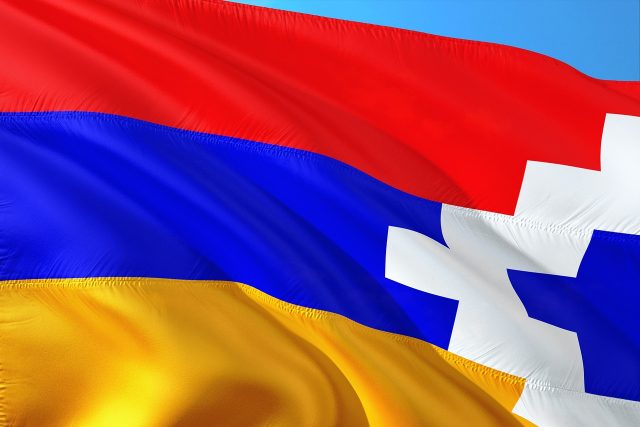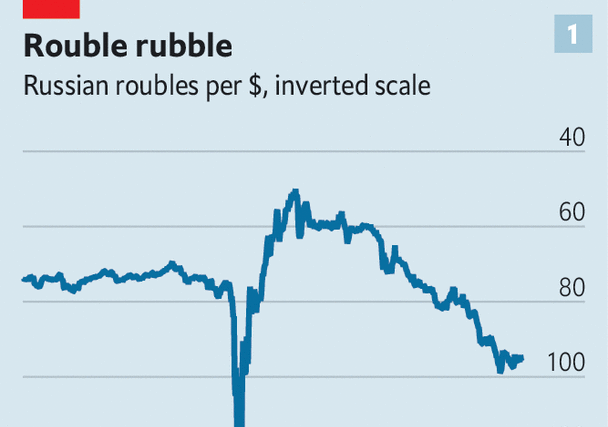Following a months-long blockade that culminated in violent attacks by Azerbaijani forces, the government of the predominantly ethnic Armenian region of Nagorno-Karabakh announced Thursday it would disband, effective immediately.“The Republic of Nagorno-Karabakh … ceases to exist,” the separatist republic — referred to in Armenian as Artsakh — stated via its official information channel on Telegram. The statement noted that the beleaguered territory’s president, Samvel Shakhramanyan, had signed a decree stipulating the dissolution of all state organizations under his government’s jurisdiction by Jan. 1, 2024, adding that the population of the region will have the right to choose independently whether they wish to stay in the region under Azerbaijani rule.The statement said the dissolution decision was made: “in connection with the complex military-political situation that has arisen, based on the priority of ensuring the physical security and vital interests of the people of Artsakh, taking into account the agreement reached through the mediation of the Russian peacekeeping contingent with representatives of the Republic of Azerbaijan that ensures the free, voluntary, and unimpeded passage of the residents of Nagorno-Karabakh, including servicemen who have laid down their arms, with their property in their vehicles through the Lachin corridor, and guided by Article 93 of the Constitution of Nagorno-Karabakh.”The region’s dissolution was announced amid a months-long humanitarian crisis in the region and was the culmination of a decades-long territorial dispute. Although located within the current borders of Azerbaijan, the territory’s population was estimated to be 95% ethnically Armenian, per the CFR Global Conflict Tracker. The conflict is rooted in 1988, when the people of Nagorno-Karabakh demanded secession from Azerbaijan, and sought to be folded into Armenia.For months, residents of the region had been blocked from accessing much-needed food and medication, a move decried by former International Criminal Court (ICC) prosecutor Luis Moreno Ocampo as genocide. The disputed region had long been sustained by access to medication, food, and other necessities from Armenia via the Lachin Corridor. But in December, that corridor was cut off, initially under the pretense of demonstrations by purported environmental activists, but ultimately reinforced by official checkpoints.In a UN hearing last month, Armenian Foreign Minister Ararat Miroyan told the UN that Azerbaijan had cut the people of Nagorno-Karabakh off from some 400 tons of essential daily goods, suggesting that Baku was using the starvation of civilians as a means of warfare. Azerbaijani diplomat Yashar Aliyev dismissed these claims as groundless during the hearing.Various international human rights organizations and tribunals have urged or ordered Azerbaijan to reopen the Lachin Corridor, thereby extending a key humanitarian lifeline to the region’s Armenian population. In February of this year, the International Court of Justice held that Azerbaijan should “take all measures at its disposal to ensure unimpeded movement of persons, vehicles and cargo along the Lachin Corridor in both directions.”




The Most Read
Сryptocurrencies
Bitcoin and Altcoins Trading Near Make-or-Break Levels
Financial crimes
Thieves targeted crypto execs and threatened their families in wide-ranging scheme
Financial crimes
Visa Warning: Hackers Ramp Up Card Stealing Attacks At Gas Stations
News
Capitalism is having an identity crisis – but it is still the best system
Uncategorized
The 73-year-old Vietnamese refugee is responsible for bringing Sriracha to American consumers
Uncategorized
Electric Truckmaker Rivian, Backed By Amazon, Ford, Raises Whopping $1.3 Billion